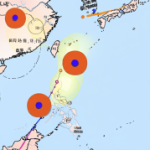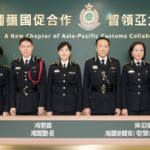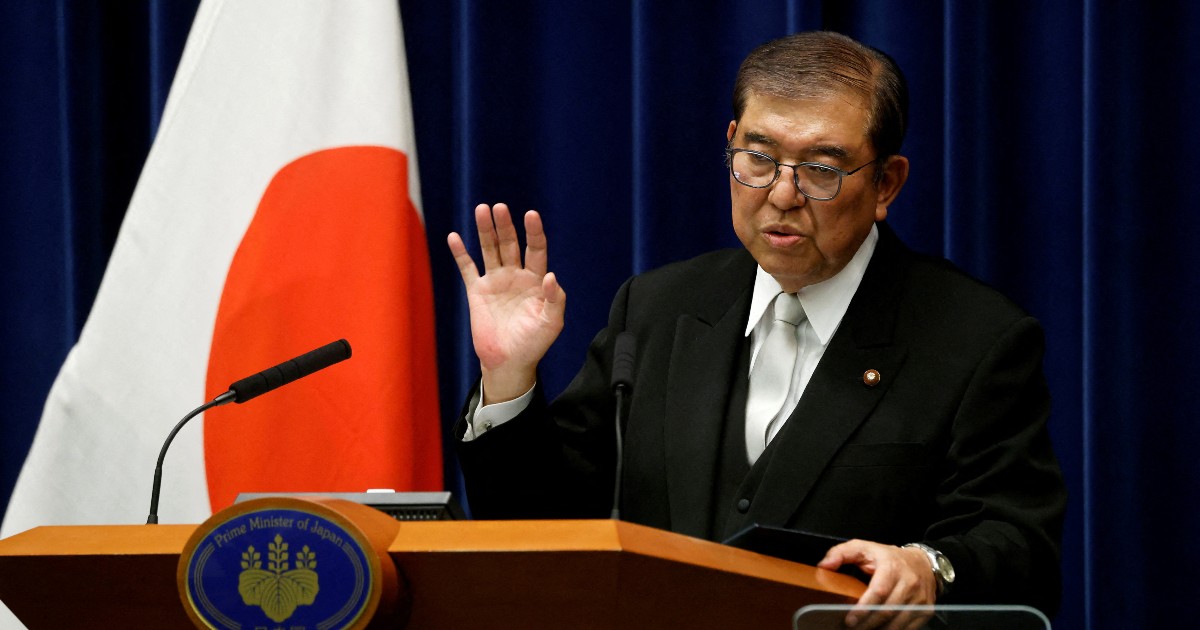The user wants a detailed analysis and professional report of at least 1000 words based on the provided title “國際財經 – 日美關稅談判 石破茂:不能為追求速度損國家利益”.
The report should be in traditional Chinese, follow specific formatting (Markdown, no large title at the beginning, small titles for sections), and adopt an engaging, accessible style. It needs to incorporate information from the source material (which I need to find via search).
Here’s a plan:
* What were the Japan-US tariff negotiations about? (e.g., agriculture, automobiles)
* What was Shigeru Ishiba’s position? (Why did he say “cannot sacrifice national interest for speed”?)
* What was the context? (e.g., political climate in Japan and the US, timelines for negotiation)
* What were the potential implications of the negotiations?
* Engaging Introduction: Hook the reader by highlighting the importance and complexity of international trade negotiations, using the Japan-US case as an example. Introduce Shigeru Ishiba’s statement as a key perspective.
* Section 1: 貿易戰火延燒:日美角力的背景 (The Background of Japan-US Contention: The Spread of Trade War) – Explain the broader context of global trade tensions (especially under the Trump administration) and how the US initiated or sought changes in trade relations with Japan. Detail the main areas of contention (agriculture, possibly automobiles).
* Section 2: 談判桌上的拉鋸:核心爭議解析 (The Tug-of-War at the Negotiation Table: Analyzing the Core Disputes) – Dive deeper into the specific issues being negotiated. What were the US demands? What were Japan’s red lines or concerns, particularly regarding agriculture?
* Section 3: 石破茂的讜論:速度與國家利益的權衡 (Ishiba Shigeru’s Frank Opinion: Balancing Speed and National Interest) – Focus specifically on Shigeru Ishiba’s statement. Explain *why* he said this. What were his concerns? Was he worried about a rushed deal compromising Japanese farmers or other sectors? Place his comment in the context of Japanese domestic politics (e.g., his position, potential rivalry, role within the ruling party).
* Section 4: 追求快速協議的代價:潛在的風險 (The Price of Pursuing a Quick Agreement: Potential Risks) – Analyze the potential negative consequences of rushing a trade deal. This could include unfavorable terms for Japan, damage to specific industries, political fallout, etc. Contrast the desire for speed (perhaps driven by political timelines or pressure) with the need for a carefully crafted agreement.
* Section 5: 國家利益的定義與維護 (Defining and Upholding National Interest) – Discuss the concept of “national interest” in trade negotiations. How is it defined? Who decides? What mechanisms are in place (or should be) to ensure it is protected? Use Ishiba’s statement as a springboard for this broader discussion.
* Conclusion: Summarize the key points. Reiterate the delicate balance between achieving an agreement quickly and protecting core national interests. End with a thought-provoking sentence about the long-term implications of trade deals and the importance of careful deliberation.
Let’s start by searching for the relevant information.











